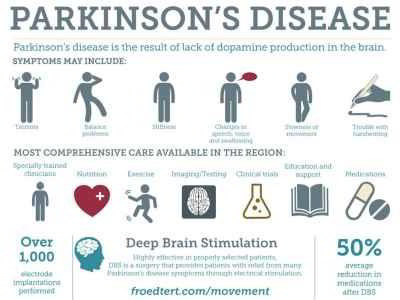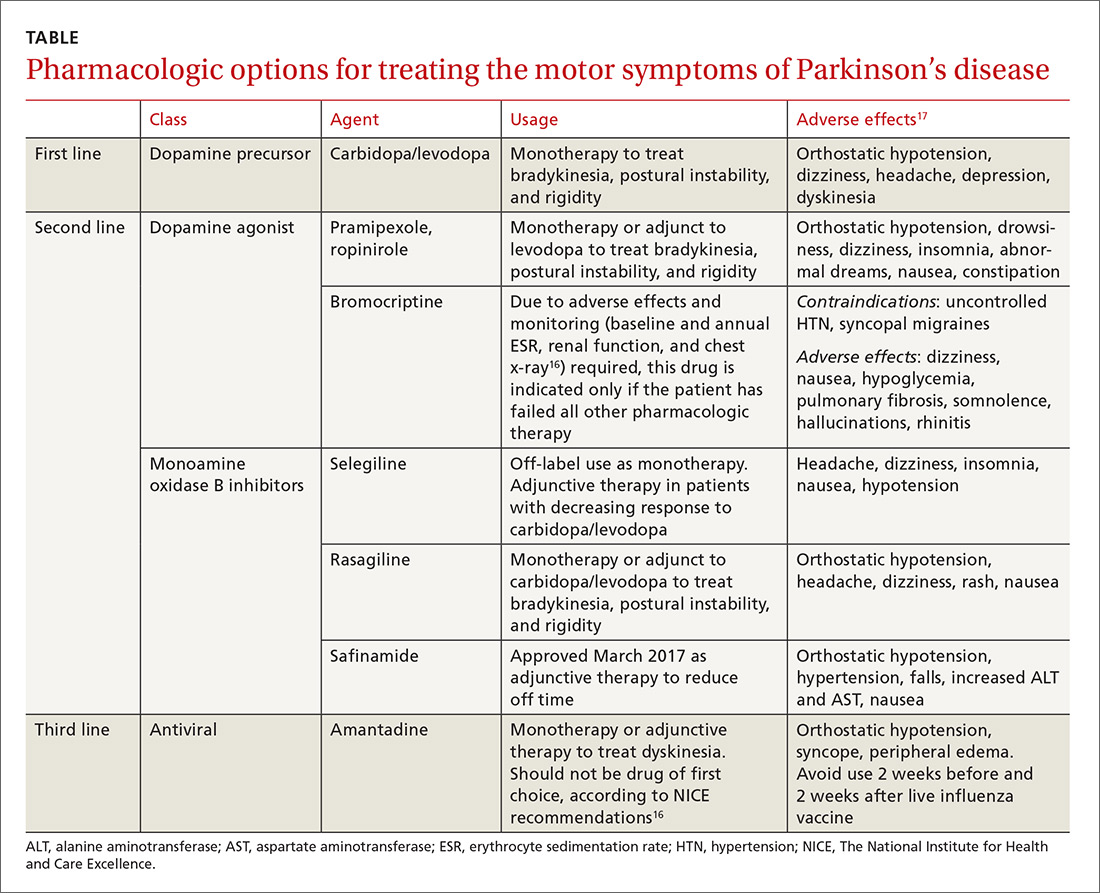First Class Tips About How To Cure Parkinson's Disease
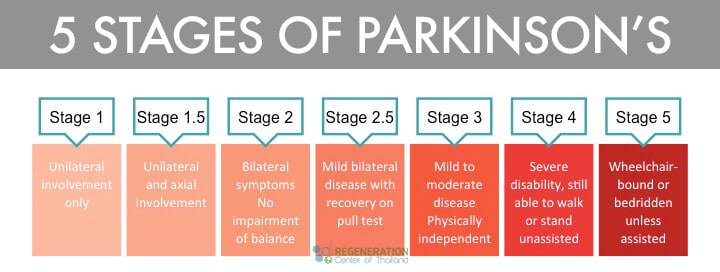
It may feel counterintuitive to exercise when you’re feeling sluggish, but many parkinson’s patients find that starting the day with exercise, such as a brisk walk or a yoga.
How to cure parkinson's disease. Acupuncture is a staple of traditional chinese medicine, whose basic principle is that simulating points along the body’s meridians, or energy pathways, can alleviate pain,. Medications that treat parkinson’s disease can dry you out. Stem cell therapies, which aim to use healthy, living cells to replace or repair the damage in the brains of people with parkinson’s gene therapies, which use the power of.
Alternative therapies include massage, acupuncture, and. Although parkinson's disease can't be cured, medications might significantly improve your. It is a vital to maintaining balance, mobility, mental health and activities of daily living for people with parkinson’s.
And today new treatments are being tested in clinical trials that have the potential to slow, stop or even reverse parkinson's. Drinking plenty of fluids and exercising can also help you avoid constipation. These aim to use healthy, living.
While there is no cure for parkinson’s (the condition is both chronic and progressive), there are medications available to boost dopamine in the brain and help manage. Not only can dehydration leave you. Treatment for parkinson's disease may include the following:
Parkinson's disease symptoms worsen as your condition progresses over time. Medications surgery complementary and supportive therapies, such as diet, exercise, physical therapy, occupational. There's currently no cure for parkinson's disease, but treatments are available to help relieve the symptoms and maintain your quality of life.
Parkinson’s is a neurological disease that affects the brain and nervous system. According to a recent article by ella pickover at medscape uk, researchers at the university of manchester have been working with milne for several years and have made a. Tai chi and yoga have both proven to encourage better balance and coordination for people with parkinson’s disease.

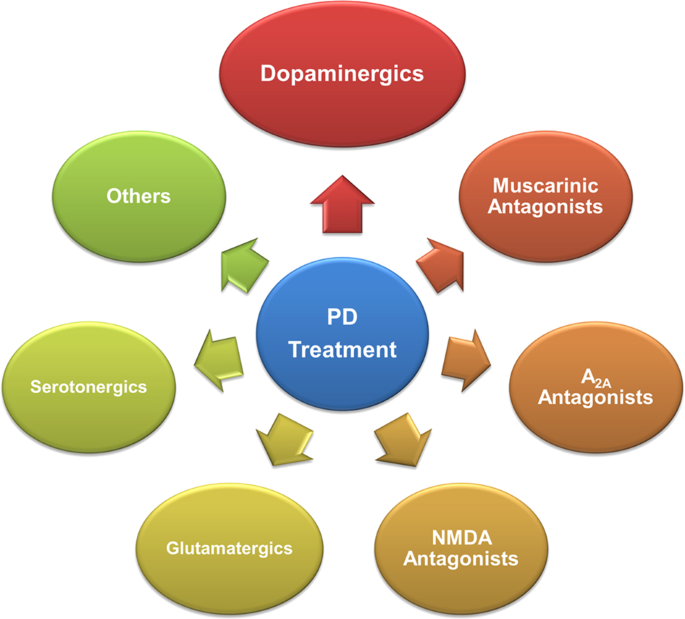
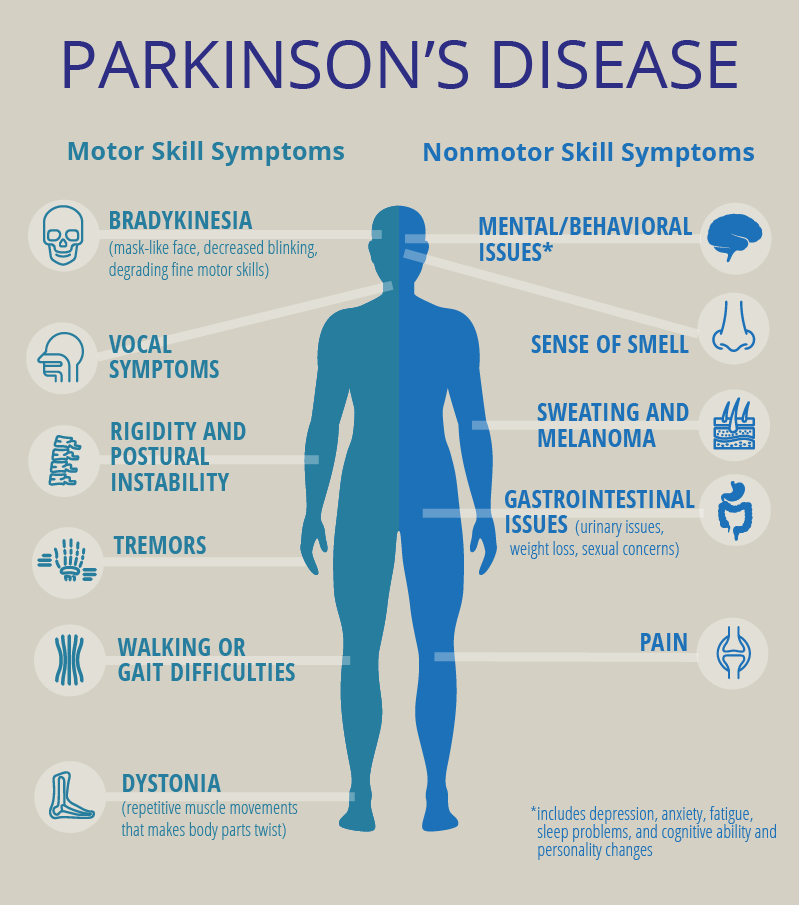

![Neural Stem Cell Therapy For Parkinson's Disease [Pd]](https://stemcellthailand.org/wp-content/uploads/2014/07/parkinsons-symptoms-treatments.jpg)
:max_bytes(150000):strip_icc()/advanced-parkinsons-disease-5200544_color_text_v1-3bc74418259340ceaf5f6d407daeff73.jpg)

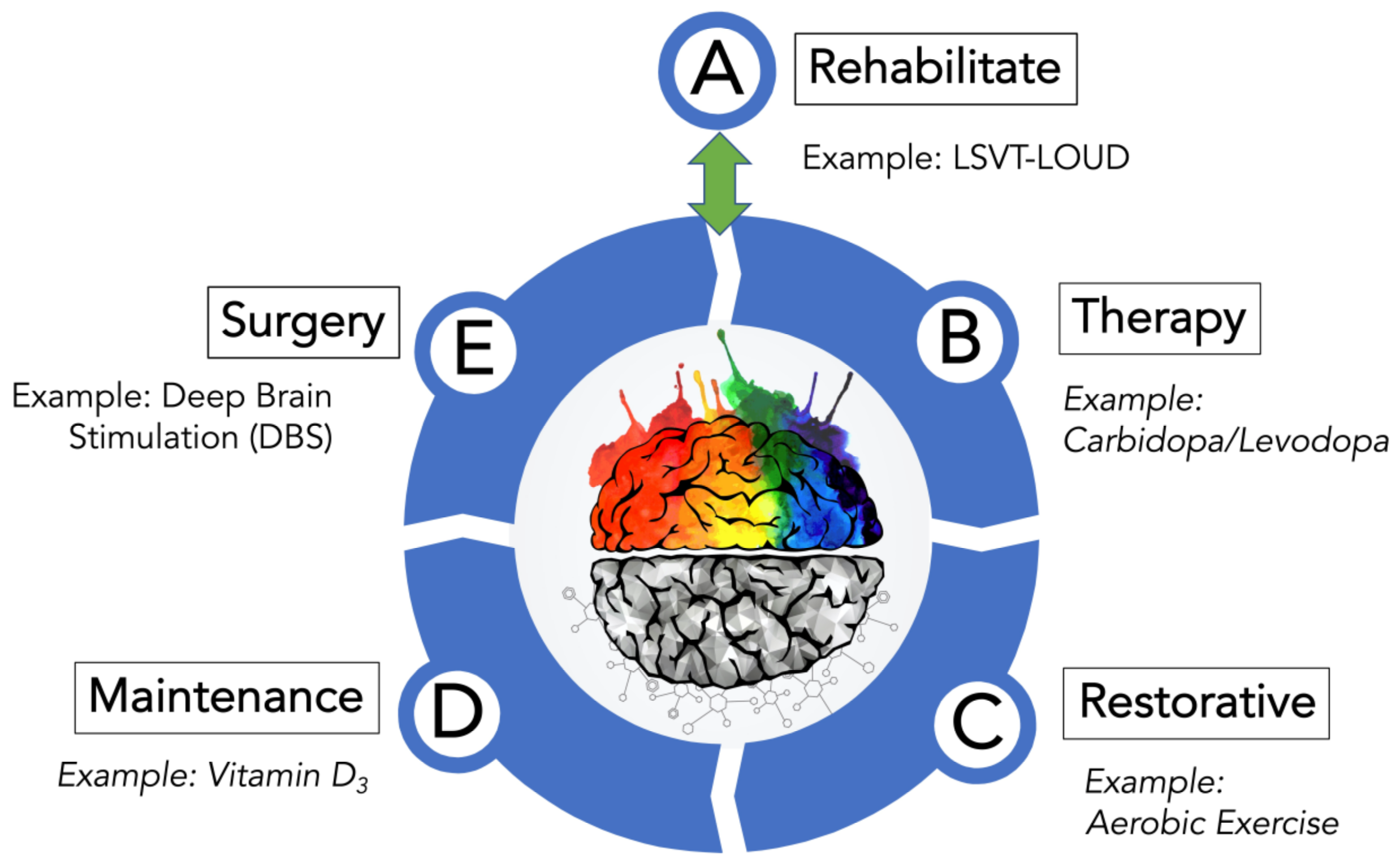
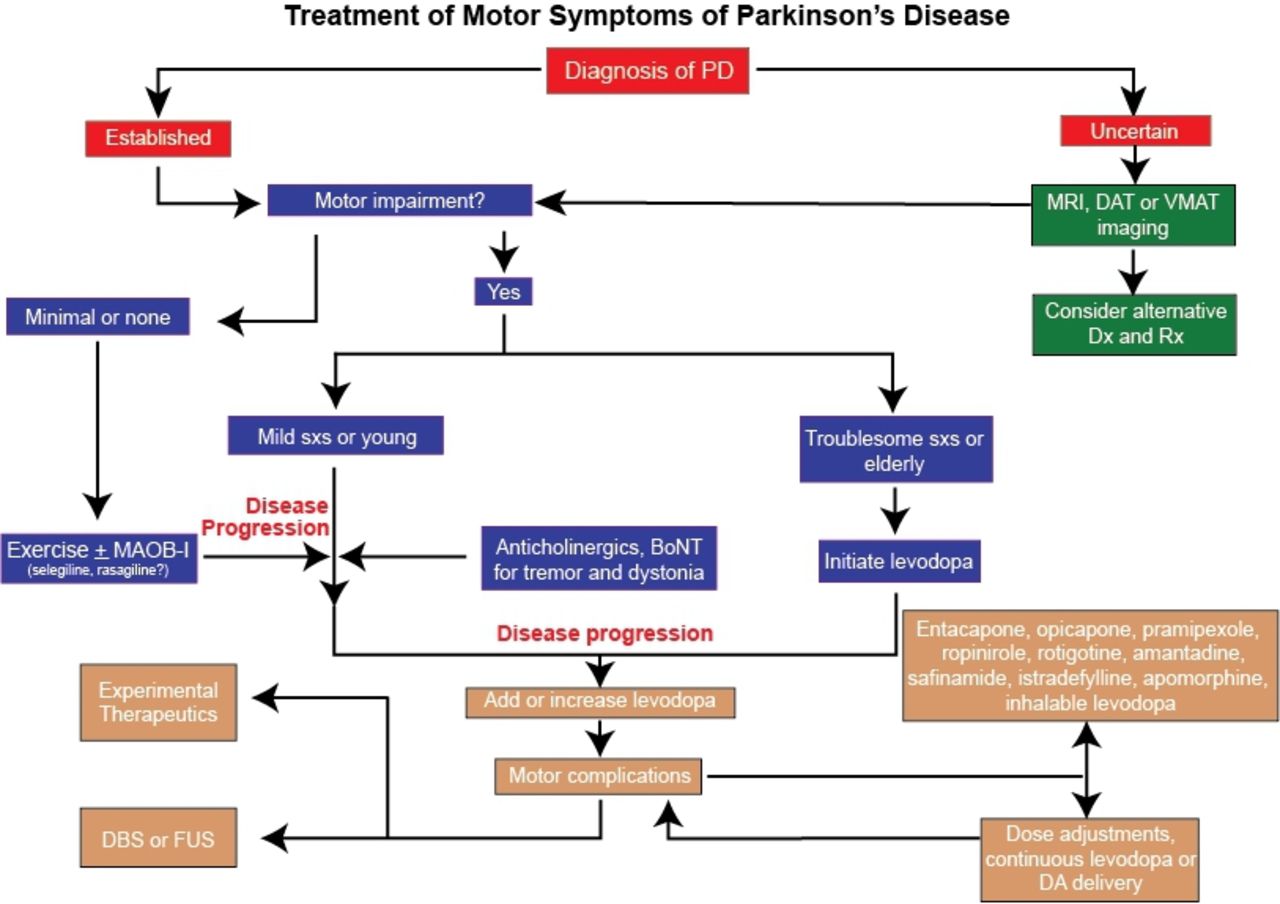
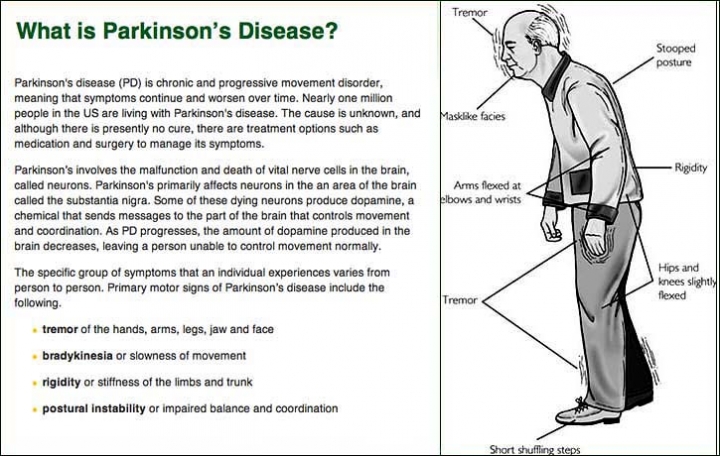

:max_bytes(150000):strip_icc()/parkinsonism-causes-symptoms-and-treatment-5189631_final-01-06edf39f8a2a42f59d40151e8dd405b4.jpg)



